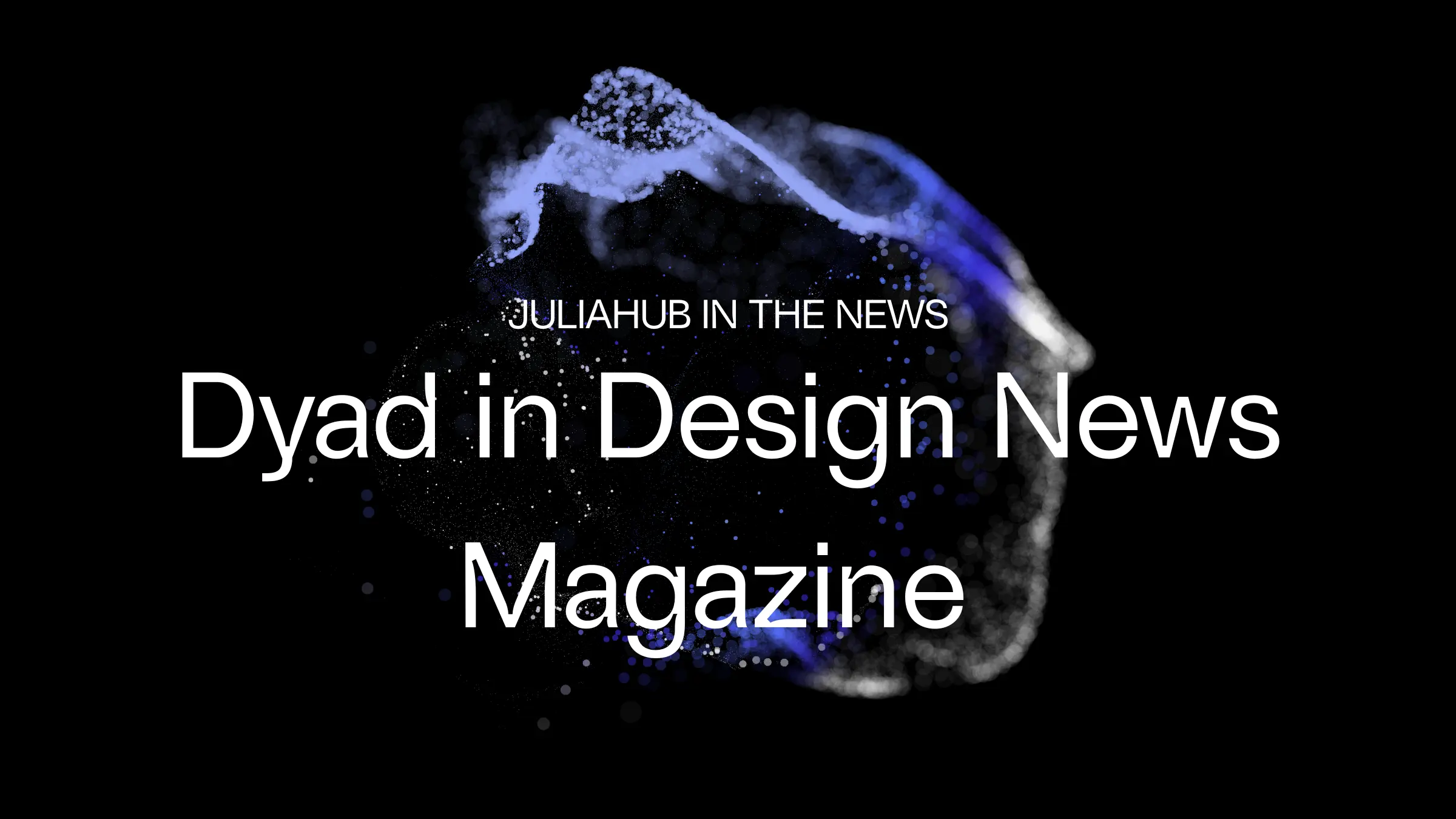Integration of Dyad enables physics-informed AI for simulation-driven innovation
Cambridge, MA., November 19, 2025: JuliaHub, a leader in AI-native simulation and modeling, today announced a strategic partnership with Synopsys (NASDAQ: SNPS) to integrate Dyad, JuliaHub’s flagship next-generation simulation platform, into Ansys TwinAI™ artificial intelligence-powered digital twin software, part of the Synopsys portfolio of simulation & analysis solutions. This collaboration brings together JuliaHub’s expertise in AI-driven, physics-informed simulation with Synopsys digital twin technology to accelerate innovation and enhance the accuracy of hardware design and system optimization.
TwinAI empowers organizations to validate and operate digital twins in cloud environments that support advanced simulation engines, operating systems, and data streams. The platform offers capabilities to simulate digital twins, enhance model accuracy using Hybrid Analytics, and simplify cloud deployment.
Through the integration of Dyad, TwinAI will now combine physics-based simulation with adaptive AI models, allowing engineers to create “hybrid digital twins” that are both predictive and grounded in physical laws.
“A digital twin is more than a model. It’s a living, dynamic representation of a system,” said Dr. Prith Banerjee, Senior Vice President at Synopsys. “By integrating Dyad and JuliaHub’s SciML technology, TwinAI empowers engineers to build digital twins that evolve with data, bridging the gap between simulation and reality.
Dyad’s component-based, acausal modeling and automatic equation generation make it possible to design and extend complex, multi-domain systems efficiently. Paired with Ansys simulation capabilities, the integration brings powerful new opportunities for real-time simulation, predictive analytics, and scalable cloud-based digital twin deployment.
“This partnership brings JuliaHub’s scientific machine learning innovation to one of the world’s most trusted simulation ecosystems,” said Viral B. Shah, CEO and co-founder of JuliaHub. “Together, we’re enabling the next generation of intelligent digital twins which is adaptive, explainable, and deeply rooted in physics.”

The upcoming releases of Ansys TwinAI are expected to include Dyad exposure with features being released incrementally. More details will follow.
About JuliaHub
JuliaHub's mission is to empower those tackling the world's toughest scientific and technical challenges with cutting-edge tools in a seamless, secure environment. JuliaHub combines advanced mathematical computing and machine learning expertise to enable Scientific Machine Learning (SciML) techniques, Digital Twin modeling, and next-generation modeling and simulation in pharmaceutical, aerospace, automotive and other industries.
About Dyad
Dyad brings together cloud-native infrastructure, differentiable programming, and modular extensibility to support next-generation engineering workflows. Dyad enables the development of continuously improving digital models by integrating AI with Scientific Machine Learning (SciML) in a safe, engineer-in-the-loop, environment. Dyad empowers teams to deploy smarter, faster, and more reliable systems without compromising the rigor of traditional engineering for over-the-air updates, predictive maintenance and real-time performance tuning.
Learn more at https://www.juliahub.com and https://juliahub.com/products/dyad.
Read the official announcement.






